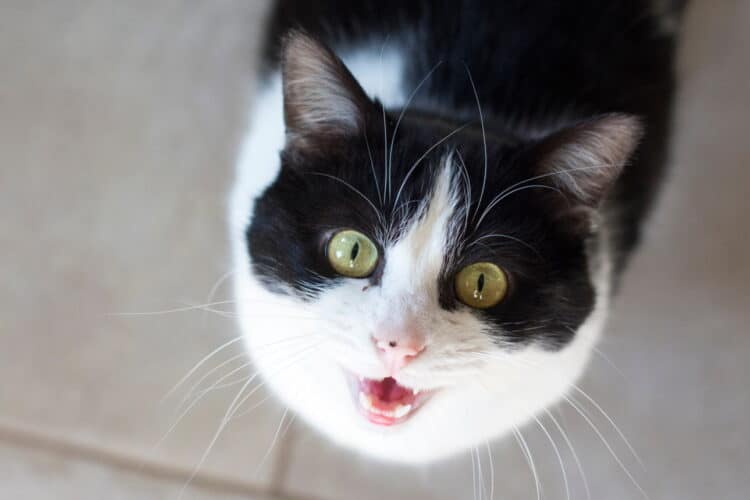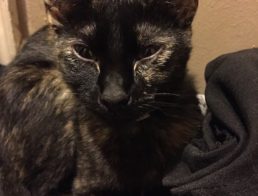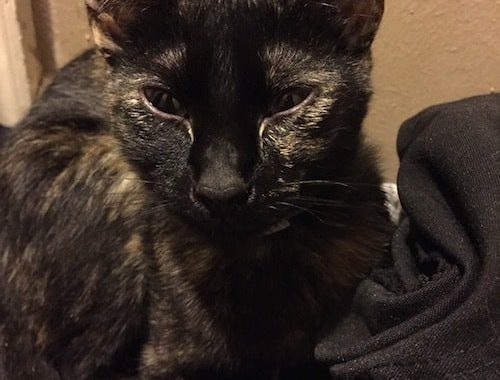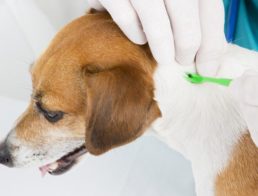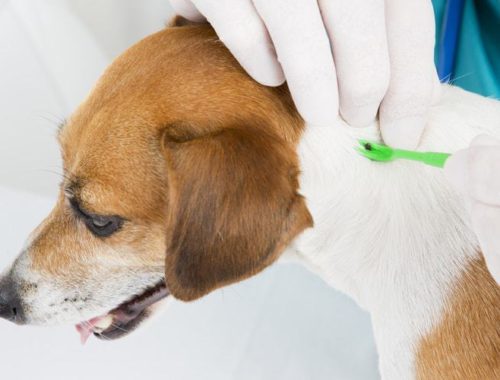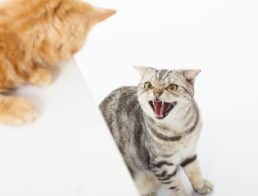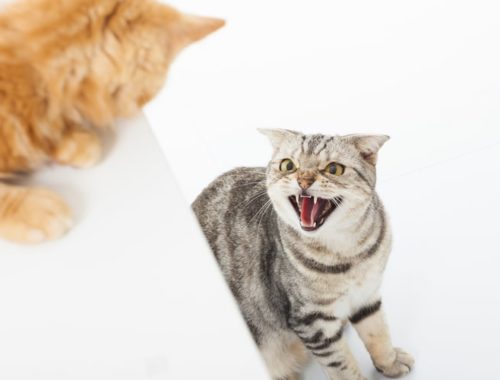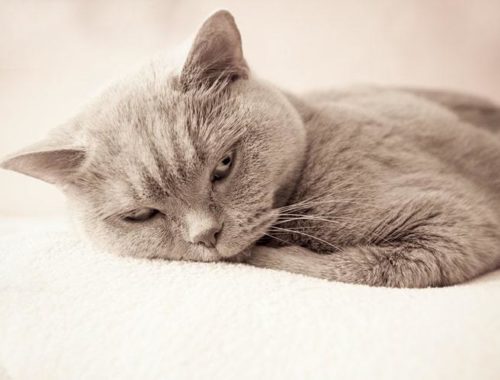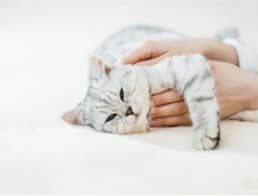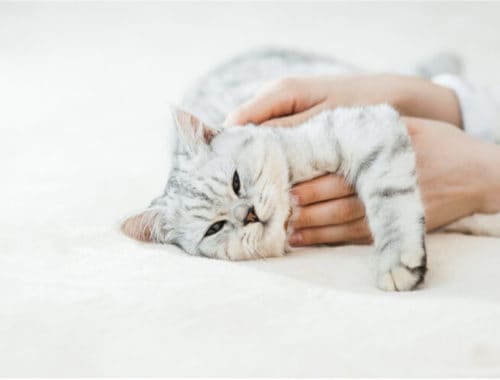Question: Why is my kitten’s voice hoarse, and what can I do about it?
I adopted a stray cat when he was 6 weeks old now he is 7 weeks old. His name is Leo. He has had a hoarse voice since this morning, he is quite playful and active though. Can you help me know about his condition, and what should I do to make him feel better?
– Sunmi
Answer:
Dear Sunmi,
Congratulations on the adoption of your new kitten, and thank you for submitting your question! Kittens and cats, just like people, can get a hoarse voice. This can sound like a raspy meow or sometimes even silent meowing.
The technical term for a hoarse voice in cats is laryngitis. Laryngitis means inflammation of the larynx and vocal cords. When there is inflammation or irritation of the vocal cords, it can cause a raspy or hoarse meow. There are several possible causes of laryngitis in kittens ranging from viral infections to polyps.
3 Common Causes of a Cat’s Hoarse Voice
1. Upper Respiratory Infection
The most common cause of hoarse voice in cats is an upper respiratory infection. When you consider what causes laryngitis in people, many times it is associated with a cold or virus. Kittens are similar to people in this regard. The most common causes of upper respiratory infections in cats include herpesvirus and calicivirus. Both of these viruses are extremely common and can cause a hoarse voice in kittens.
Other signs that your cat may have an upper respiratory infection include:
- Sneezing
- Coughing
- Nasal discharge
- Eye discharge
- Lethargy
- Inappetance
2. Nasopharyngeal Polyps
Polyps in the back of the throat can also cause a hoarse voice in kittens. Polyps are abnormal growths of tissue. These polyps are typically treatable but must be removed by a veterinarian under anesthesia.
3. Overuse of the Voice
Sometimes, kittens and cats can get a hoarse voice if they have used their voice excessively. This can happen if a kitten gets trapped inside a room and meows for excessive periods of time. This is similar to when people talk loudly or yell excessively. They might get a little crackle in their voice for a few days.
How to Treat Laryngitis in Cats
1. Schedule a Veterinary Visit
I recommend visiting your veterinarian to have your kitten checked out to determine a diagnosis and treatment plan. Because there are many different causes for hoarse voice in kittens, only a veterinarian will be able to adequately determine what is causing the hoarse voice after conducting a thorough physical exam.
For an upper respiratory infection, your veterinarian may wish to place your kitten on an antibiotic or a lysine supplement. While you wait for your veterinary appointment, here are a few things you can do at home.
2. Feed Canned Kitten Food
When the throat is irritated and inflamed, it can sometimes feel uncomfortable to eat. I recommend temporarily feeding a canned kitten food because this type of food will be gentle on your kitten’s throat while he has a hoarse voice.
3. Monitor Closely for Other Symptoms
Anytime you notice a hoarse voice in a cat, it is important to monitor closely for other symptoms. Monitor for changes in appetite and activity as well as any sneezing, coughing, and eye or nasal discharge. If you notice any new symptoms, alert your veterinarian.
Final Suggestions
A hoarse voice in cats, also known as laryngitis, can be caused by a wide variety of conditions. But most commonly, it is associated with a viral upper respiratory tract infection. You can offer your kitten some canned kitten food to ensure that he continues to eat well. Continue to monitor for other symptoms and schedule an appointment with your veterinarian as soon as possible so they can further determine the definitive diagnosis and treatment plan.
Good luck with your new kitten, and I hope he gets better soon!
Sincerely,
Addie Reinhard, DVM
Disclaimer: Your use of the Ask The Vet feature is subject to the Ask The Vet Terms of Use. Content is for informational and educational use only and should not replace professional veterinary advice.
Featured Image Credit: PokoFoto, Shutterstock


